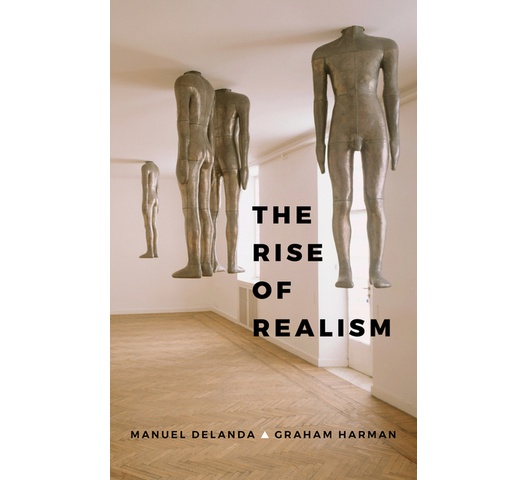
The Rise of Realism
Until quite recently, almost no philosophers trained in the continental tradition saw anything of value in realism. The situation in analytic philosophy was always different, but in continental philosophy realism was usually treated as a pseudo-problem. That is no longer the case.
In this provocative new book, two leading philosophers examine the remarkable rise of realism in the continental tradition. While exploring the similarities and differences in their own positions, they also consider the work of others and assess rival trends in contemporary philosophy. They begin by discussing the relation between realism and materialism, which DeLanda links closely but which Harman tries to separate. Part Two covers the many different meanings of realism, with the two authors working together to develop an expanded definition of the term. Part Three features a spirited exchange on the respective virtues and drawbacks of DeLanda's realism of attractors and singularities and Harman's object-oriented theory. Part Four shifts to the question of the knowability of the real, as the authors discuss whether scientific knowledge does full justice to reality. In Part Five, they shift the focus to space, time, and science more generally, and here Harman offers a defence of actor-network theory despite its obvious anti-realist elements.
Lively, accessible and engaging, this book is the best attempt so far to clarify the different paths for realism in continental philosophy. It will be of great value to students and scholars of continental philosophy and to anyone interested in the cutting-edge debates in philosophy and critical theory today.

| UPC | 9781509519040 |
|---|---|
| Author | Manuel DeLanda, Graham Harman |
| Pages | 240 |
| Language | English |
| Format | |
| Publisher | Polity Press |
| SKU | 9781509519040 |

